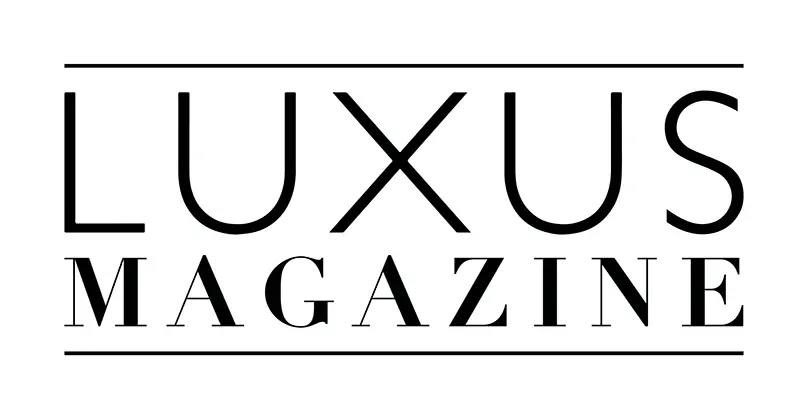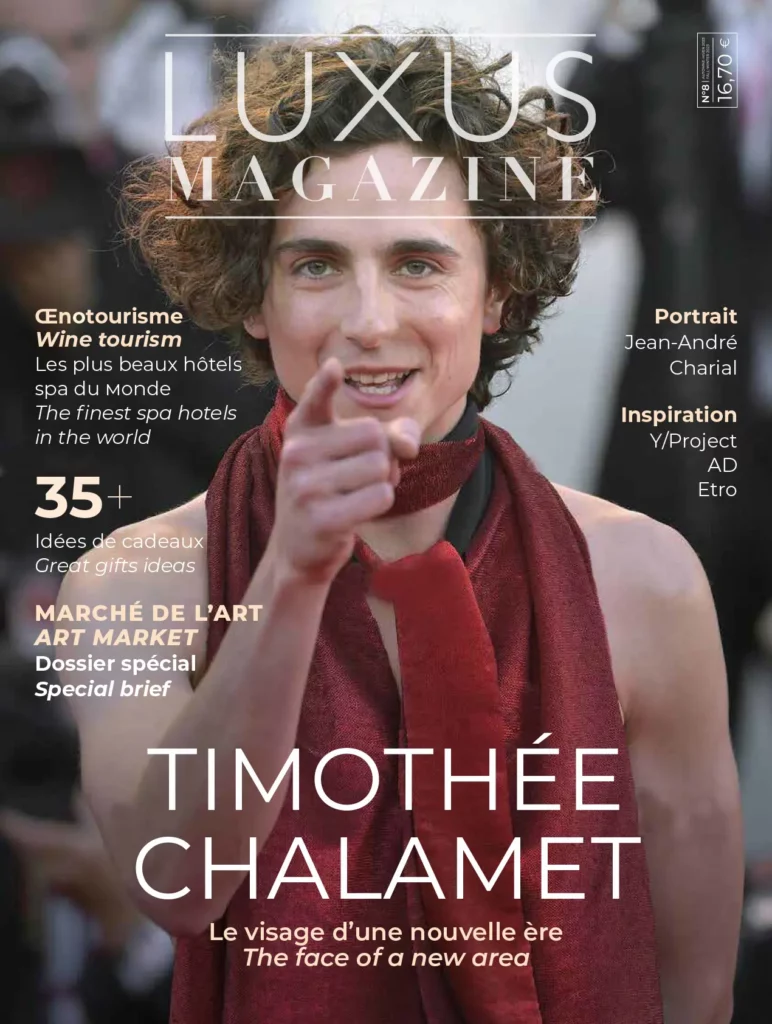The United Arab Emirates: The hidden face of France’s strategic ally

On a trip to the United Arab Emirates this Sunday, May 15, Emmanuel Macron paid tribute to the former president of this country and met the new one: Mohammed Ben Zayed. The other purpose of this visit was to strengthen the strategic partnership between this country and France. But what is behind this strategic relationship between the two countries?
Being the first Western leader to visit the Emirati capital, Abu Dhabi, Emmanuel Macron paid tribute to Sheikh Khalifa bin Zayed Al-Nahyane, the former Emirati president, who died last Friday. “He was respected by all for the values of peace, openness and dialogue that he embodied. My support to his brother, newly elected President of the United Arab Emirates, and the UAE people,” he said on Twitter.
في ابو ظبي للاشادة بذكرى الشيخ خليفة بن زايد آل نهيان. كان يحظى باحترام الجميع لقيم السلام والانفتاح والحوار التي كان يجسدها. دعمي الكامل لأخيه الذي تم انتخابه رئيسا لدولة الإمارات العربية المتحدة وكذلك للشعب الإماراتي. pic.twitter.com/X8DxMYocrn
— Emmanuel Macron (@EmmanuelMacron) May 15, 2022
He then congratulated the new President of the UAE, Mohammed Ben Zayed al Nahyane, while emphasizing his “determination to continue and develop everything they have undertaken together for five years.
The underbelly of the country of innovation and high technology
Despite celebrating its 50th anniversary of existence, the United Arab Emirates has managed to quickly become one of the most ambitious and advanced countries in the world in every possible way. A real hub for global finance, technology, tourism and science, the country has become a model of international innovation in just a few years.
Presenting a great number of advantages in terms of security of its inhabitants, tourist, or cultural attractiveness, this is however only the visible part of the iceberg.
The UAE represents a strategic, industrial, and economically of great importance to France. The recent signature of an arms sale from France to the UAE, which went unnoticed, is not so insignificant. A recent report by the International Federation for Human Rights (FIDH) and the Arms Watch reveals numerous and damning human rights violations perpetrated by the UAE and points the finger at possible French complicity.
If the UAE remains – legitimately? – a country with which France maintains excellent commercial and security relations, it remains “a particularly repressive dictatorship, where any dissident voice risks imprisonment and torture” explains the FIDH. The report goes on to reveal the direct and indirect responsibility for serious violations committed during the war in Yemen.
The FIDH report also highlights “serious human rights violations” that the country is perpetuating within its own territory. Despite having acceded in 2012 to the UN Convention against torture, it has not acceded to the protocol, albeit optional, allowing the United Nations to verify, in the event of complaints, that the UAE is indeed respecting these commitments, a point not to be overlooked and somewhat suspicious of the policy conducted by the UAE.
By adhering to this first protocol, the country committed itself to “respecting the principle of the absolute prohibition of torture”, which it has not done according to the FIDH. The federation reveals that “the Emirati authorities continue to practice torture” against people they consider threats. The main targets are journalists, religious figures, human rights defenders, and political opponents. Sleep deprivation, denial of medical treatment, verbal threats, sexual assault, torture to death, and electric shocks are some of the tortures carried out by this regime towards “threats”.
Notably, it was in 2015 that the country was suspected of undertaking one of their torture methods to a Jordanian journalist and poet, potentially considered a threat: Tayseer Al-Najjar. He was arrested and taken to an unknown location without being allowed to consult a lawyer or contact his family. Accused a year later of committing cybercrimes while denouncing the UAE’s human rights record on Facebook, he was sentenced to three years in prison in 2017. He died before he could be released, from “complications related to diseases caught in detention“.
Women human rights activists are another target of state and non-state actors. If they are imprisoned, FIDH reveals that they too are victims of torture and violence and then erased from the public sphere.
Between 2016 and 2019, the authors of the FIDH report reveal that, eight cases of “serious human rights violations” were perpetrated by perpetrators who “were identified as being either directly Emirati officers“, or members of the Emirates’ proxy forces.
What is the French role in these accusations?
Far from being a smooth country, a gold mine of innovation and technology, the UAE is revealed as a real repressive regime that has recently and repeatedly used methods of repression of extreme violence, even torture, against several individuals. For the FIDH, the French role – also British and German – in this kind of practices is obvious. As mentioned earlier, France exports its weapons to the United Arab Emirates, making it an institution “deeply involved in the Emirati defense industry.
France committed in 2008 and 2013 “not to sell or transfer arms if there is a ‘clear risk’ that such equipment will be used to commit serious violations of international humanitarian law” and “to prohibit any sale or export of arms” that it knows “could be used to commit violations of international humanitarian law or international human rights law”. Therefore, the continuation of partnerships and commitments between France and the UAE raises many questions, notably about the possible complicity of French companies supplying this equipment and of the French authorities who gave their agreement for their export.
Finally, the FIDH and the Observatoire des Armements both call on France to “place international legality at the heart of its relations with its ‘strategic allies’” and ask French companies exporting arms to the Emirates to put an end to these sales, “in accordance with their international responsibility to respect human rights in all countries where their activities take place” .
Read also > LUXURY HOUSES’ INITIATIVES FOR RAMADAN
Featured photo : © Press
[EN] CLAIRE DOMERGUE, A SPECIALIST IN COMMUNICATION IN THE LUXURY SECTOR, HAS SURROUNDED HERSELF WITH EXPERTS TO CREATE THE FIRST MEDIA DEDICATED TO THE ECONOMIC NEWS OF LUXURY AND FASHION. THE LATTER DRAWS THE ATTENTION OF ITS READERS TO ALL THE MAJOR PLAYERS IN THESE SECTORS WHO SHARE THEIR EXPERIENCES, VISIONS AND KNOW-HOW. MORE THAN A SPECIALIZED WEBZINE, LUXUS PLUS IS A MULTI-SECTOR INFORMATION SYSTEM, WHICH HAS BECOME THE REFERENCE MONITORING TOOL FOR LUXURY AND FASHION PROFESSIONALS. OUR NEWSLETTERS CONTRIBUTE TO MAKE OUR READERS AWARE OF THE CHANGES AFFECTING THE LUXURY INDUSTRIES. THANKS TO AN INCREASED WATCH AND AN EXCELLENT KNOWLEDGE OF THE SECTOR, WE ARE INTERESTED IN THE MAIN ECONOMIC AND TECHNOLOGICAL STAKES OF FASHION, FINE WATCHMAKING, JEWELRY, GASTRONOMY, COSMETICS, PERFUMES, HOTELS, PRESTIGIOUS REAL ESTATE...********[FR] Claire Domergue, spécialiste de la communication dans le secteur du luxe, s’est entourée d’experts pour créer le premier média consacré à l’actualité économique du Luxe et de la mode. Ce dernier attire tout particulièrement l’attention de ses lecteurs sur l’ensemble des acteurs majeurs de ces secteurs qui y partagent leurs expériences, visions et savoir-faire. Plus qu’un webzine spécialisé, Luxus Plus est un système d’information multi-sectoriel, devenu l’outil de veille de référence pour les professionnels du luxe et de la mode. Nos newsletters de veille contribuent en effet à sensibiliser nos lecteurs aux mutations qui touchent les industries du luxe. Grâce à une veille accrue et à une excellente connaissance du secteur, nous nous intéressons aux principaux enjeux économiques et technologiques de la mode, la haute horlogerie, la joaillerie, la gastronomie, des cosmétiques, parfums, de l’hôtellerie, l’immobilier de prestige…



